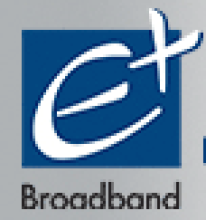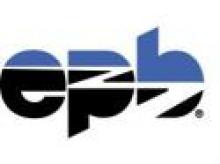Jackson Energy Authority Adds Tantalus for Smart-Grid
Jackson Energy Authority in Tennessee, long the largest community fiber network in the US, is investing in greater smart-grid capabilities. If you aren't already familiar with this network, an article in Electric Light & Power offers some history:
After receiving local government support and revenue bond issue funding, JEA went ahead with the $54 million project. Now its FTTP network boasts 16,500 cable, 10,843 Internet and 7,000 telephone subscribers. JEA is preparing for the next phase of its FTTP deployment with a smart grid initiative expected to begin in 2010.
The article also makes an important point that many find confusing in understanding the economics of these community fiber networks:
In the early years, JEA focused on subscriber growth as its key performance metric, rather than average revenue per user (ARPU). The capital-intensive cost of acquiring and hooking up new customers, however, can create significant cash flow problems for a network operator, especially when growth substantially exceeds the business plan. JEA had to secure more financing to support its incremental growth. The utility also adjusted its business model to focus instead on ARPU and increasing the number of existing subscribers using two or three services. JEA employed special promotions and service packages that took advantage of the huge bandwidth capabilities of its fiber network to build customer loyalty and overcome the customer churn typical of the industry. Today, JEA’s network has passed more than 30,000 homes, more than 16,000 of which are subscribers.
This is a good example of a community encountering a problem and overcoming it. The article also offers other lessons learned along the way. Moving forward, JEA has decided to work with Tantalus to add smart-grid capabilities to the fiber network.



